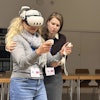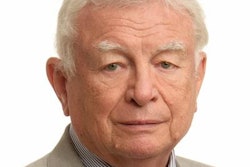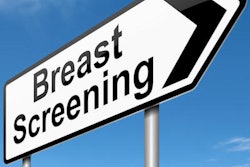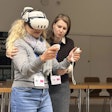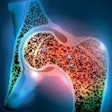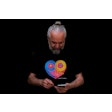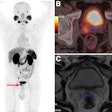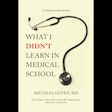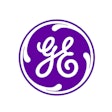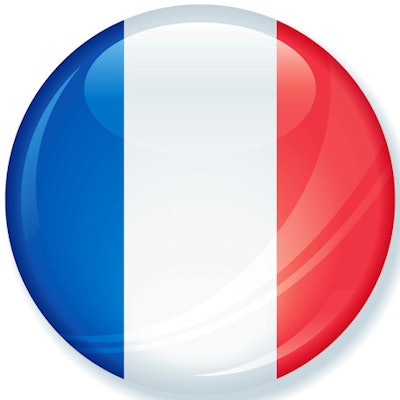
Breast cancer screening critics are at it again -- this time zeroing in on France. A multinational team has praised changes to breast cancer screening that alter the existing program, such as giving women more information on overdiagnosis, but breast cancer screening advocates strongly disagree, believing that the magnitude of overdiagnosis has been exaggerated.
The opinion piece praises changes to the program by the French health minister, with amendments to information, accessibility, and evaluation of the program. The changes include halting screening for women 50 years old or younger who have an average risk of breast cancer and encouraging women to make their own decisions about whether to screen for breast cancer with support from their general practitioners (GPs). The authors added that the benefits of breast cancer screening have been overstated (JAMA Internal Medicine, 30 October 2017).
In October of last year, the French health minister released a 140-page report by an independent breast cancer steering committee. Committee members included medical and managerial representatives from various cancer, epidemiological, biostatistical, and public health institutes, as well as GPs and professors from medical science departments. The steering committee also sought public input via a website.
The committee determined the evidence on the outcomes of breast screening was limited, coming from older trials and studies, none of which were conducted in France. Based on this and other factors, the committee recommended reforms to the current program. Prior to the reforms, women between the ages of 50 to 74 were mailed invitations for free mammography screening every two years.
In April of this year, the health minister released a plan to change the breast cancer screening program in the country based on the steering committee's report. The changes will occur over the next few years. Immediate steps include providing information for women to make their own decisions with support from their own doctors, a new medical consultation for each 50-year-old woman to discuss cancer screening options and cancer prevention (including primary prevention through lifestyle changes to reduce cancer risk), a booklet accompanying the invitations to screening, and an online decision support resource, as well as additional tools and training to help doctors discuss the pros, risks, and limitations of screening.
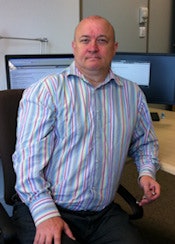 Dr. Philippe Autier.
Dr. Philippe Autier."What might account for the differences between the reviews and other recommendations [in other countries]?" wrote Alexandra Barratt, PhD, from the Sydney School of Public Health at the University of Sydney and Wiser Healthcare, in the opinion piece. Barratt's co-authors include breast cancer screening critics Dr. Karsten Juhl Jørgensen, from the Nordic Cochrane Centre in Copenhagen, and Dr. Philippe Autier, from the International Prevention Research Institute in Lyon, France.
"One possible explanation is that some panels may be compromised by the conflicts of interest of members, something carefully avoided in the three European inquiries" in the U.K., Switzerland, and now France, Barratt and colleagues wrote. "A broader range of disciplinary perspectives may also be important, as panel members with expertise in human and social sciences may be more likely to raise and discuss social, legal, and ethical considerations relevant to population screening."
The authors praised how the steering committee recommended more research into breast cancer, writing that "the natural history of breast cancer remains incomplete, and, therefore, breast screening contravenes a fundamental principle of screening, namely that the natural history, including development from latent stage to declared disease, should be adequately understood."
Another element specifically highlighted by Barratt and colleagues is the use of public consultation, which is not often conducted when it comes to medical treatments.
"In-depth community deliberations, such as in the French inquiry, enable meaningful information sharing and discussion between citizens of diverse backgrounds," they wrote. "Such a deliberative process offers advantages for policy development with implications for other countries that go beyond breast cancer screening."
Screening supporters' view
Breast cancer screening advocates beg to differ with the conclusions of Barratt and colleagues.
"The conflict of interest issue is a red herring in my opinion," Dr. Stephen Duffy, from the Wolfson Institute of Preventive Medicine in London, told AuntMinnieEurope.com. "When medical policy is reviewed, it is necessary to have individuals with specialist knowledge of the procedure in question. It is facile to throw accusations of conflict of interest at colleagues because of their expertise and experience."
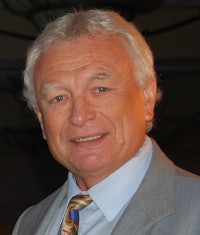 Dr. László Tabár.
Dr. László Tabár.
Duffy and screening experts Dr. László Tabár from Falun University Hospital in Sweden and Dr. Peter Dean from the University of Turku in Finland also disagreed that more evidence is required to demonstrate screening mammography works.
"The impact of the early detection of breast cancer upon death from this disease has been studied since the 1960s," Tabár and Dean wrote in an email to AuntMinnieEurope.com. "Few medical procedures have been tested so thoroughly and subjected to such intense scrutiny as the prospective early detection trials and the widespread, ongoing service screening programs. These studies have proved without question that the early detection and treatment of breast cancer at an early stage have significantly decreased the rate of advanced cancers and, as a result, have significantly decreased the rate of death from breast cancer."
Furthermore, the belief that breast cancer has a biology that doesn't lend itself to screening can be compared with the belief the Earth is flat, they wrote.
"There still appears to exist a small coterie of individuals (such as Jørgensen, Autier, Welch, Goetsche, Zahl) who share the ideology that women should wait for their breast cancer to become symptomatic, advanced," they wrote. "When will the Nordic Cochrane Center issue a formal apology to the relatives of those deceased Danish breast cancer victims who, as a result of the center's long-running antiscreening campaign, did not obtain access to early detection and whose breast cancers were detected at too late a stage to be curable? Why does vehement opposition to screening come from Denmark, which has one of the highest breast cancer death rates in Europe?"
In essence, the debate over breast cancer screening is not a true debate, according to Tabár and Dean. Instead, it is an unequal confrontation between the scientists with access to the individual patient-based data and the expertise to interpret it and those who have strong prejudices against the early detection of breast cancer.
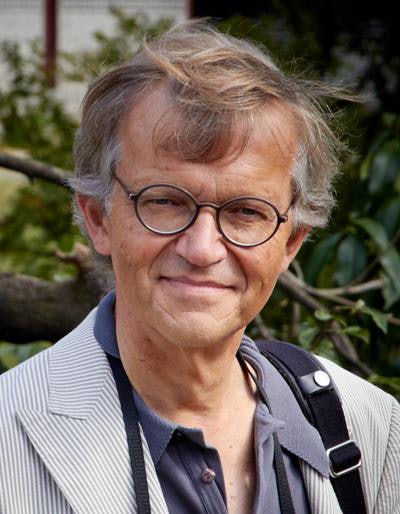 Dr. Robert Lavayssière.
Dr. Robert Lavayssière."[They] must resort to 'estimates,' 'approximations,' and 'assumptions' to support their beliefs, having no access to individual patient data and lacking the expertise needed to interpret peer-reviewed, published results," they wrote.
Dr. Robert Lavayssière, CEO at Centre d'Imagerie Paris-Nord in Sarcelles and a member of the AuntMinnieEurope.com Editorial Advisory Board, presented a clinical radiologist's perspective.
"We, on the battlefield, are taking care of women and we know that screening makes a difference," he noted. "It is very difficult for a foreign reader/writer to have an opinion about what is going on somewhere else."

